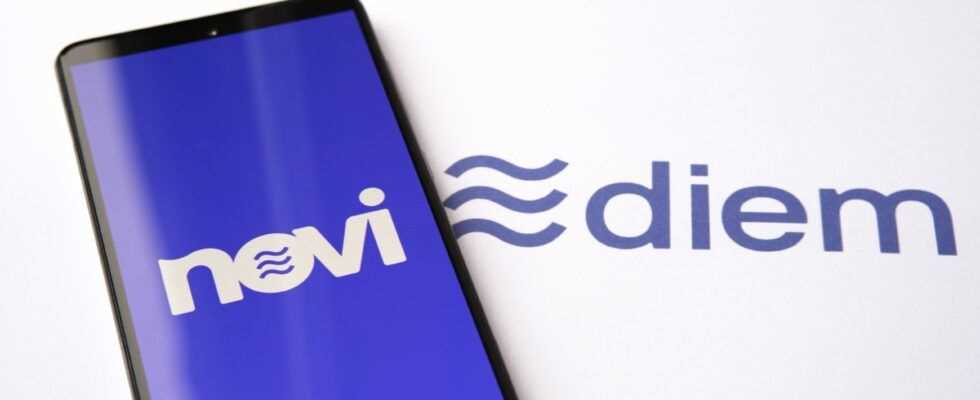Facebook’s wallet subsidiary Novi announces pilot projects in the USA and Guatemala and has received heavy criticism for them.
Facebook’s subsidiary Novi, formerly Calibra, which is commissioned with the development of the digital wallet for the planned stablecoin Diem (formerly Libra), is causing a stir: David Marcus, head of the enterprise, launched two Novi pilot projects on October 19, 2021 known. In one Statement He also made it clear that the stablecoin Facebooks Diem should continue to be developed and introduced with Novi as a wallet as soon as the approval of the regulatory authorities is obtained.
The two “small projects” that Marcus announced on Twitter and that Elizabeth Warren would like to see discontinued are featured in the United States and tested in Guatemala. With the help of the wallet, users should be able to “send money immediately, securely and without transaction fees”. However, this is neither arbitrary money nor DIEM, but the PAX US dollar (USDP). This is a stablecoin secured with US dollars. According to Marcus, is the trading partner for the project Coinbase. The platform takes over the crypto custody service for Facebook subsidiary Novi: All USDP that are bought via the Novi wallet should be at Coinbase be kept safe.
The aim of the projects is primarily to test the main features of the wallet and to test the operational functions mainly with regard to compliance and customer service. At the same time, Marcus speaks on Twitter about demonstrating a new use case, but does not go into detail.
Users can download the wallet from the Apple App Store and the Google Play Store in the respective regions. The choice of the test country, Guatemala, is no coincidence. On twitter explained Marcus:
The American-Guatemalan remittance corridor is an important one. In Guatemala, 56 percent of people do not have access to financial services, even though almost 100 percent have a mobile phone. Money sent by family and friends overseas contributes more than 14 percent of GDP, and 90 percent of those transfers come [das Geld] from the USA.
David Marcus, October 19, 2021
Novi is interwoven with Diem
With this, Marcus is alluding to a problem that Facebook, with the Diem consortium and the associated stablecoin, claims to try to solve: There is a large proportion of people (according to Facebook, almost 31 percent of the global population) who do not participate in the financial sector, but many of them have cell phones. As a stablecoin, Diem is intended to provide a remedy, especially in the area of cross-border payments. target may be enable faster, cheaper and more reliable payments without having to forego sufficient security – with Novi as a wallet and Diem as the associated coin. Marcus continues:
I want to make it clear that nothing has changed in our support for Diem and we intend to bring Novi to market with Diem once it has regulatory approval and is operational. Interoperability is important to us and we want to get it right.
David Marcus, Twitter, October 19, 2021
In the eyes of the critics, “doing it right” would mean not doing it
It didn’t take long for the first critical voices to be expressed and for Facebook boss Mark Zuckerberg to receive mail himself. Senders: five prominent Democratic senators, including former US presidential candidate Elizabeth Warren. The last sentence clearly sums up the letter’s intention:
We urge you to immediately stop your Novi pilot and make a commitment not to bring Diem to market.
Elizabeth Warren et al, letter to Mark Zuckerberg, October 19, 2021
In the letter it becomes clear that the undersigned insinuate that Facebook made “conscious” decisions that “harmed society as a whole”. They add:
Facebook cannot be trusted to manage a payment system or digital currency when its existing ability to manage risk and keep consumers safe has proven to be utterly inadequate.
Elizabeth Warren and others, letter to Mark Zuckerberg, October 19, 2021
So far, neither Zuckerberg nor Marcus has responded publicly to this letter.
